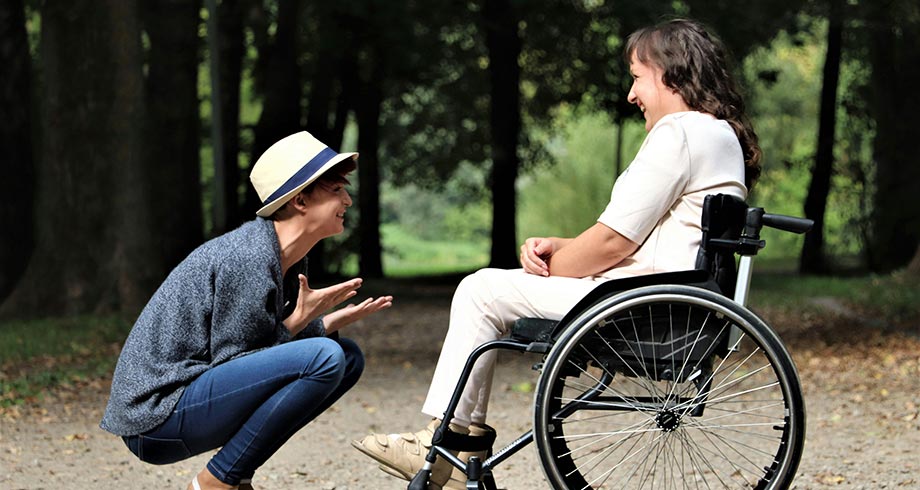December 12, 2017
SSDI disability determination: The five-step sequential evaluation

The evaluation process is detailed and specific.
For many people, how the Social Security Administration or SSA determines whether an applicant for Social Security Disability Insurance (SSDI) or Supplemental Security Income (SSI) is disabled is a mystery. Here we will describe the definition of disability for purposes of these important benefit programs and the steps the agency takes to analyze an applicant’s application.
Definition of disability
Social Security has a unique definition of disability that differs from that used in other contexts like workers’ compensation or private disability insurance policies. To be disabled for SSDI or SSI purposes, the claimant must have a serious, medically determinable physical or mental impairment, or combination of impairments, expected to last at least one year or to result in death. The impairment(s) must prevent him or her from engaging in substantial gainful activity or SGA.
SGA generally means work that requires performing significant tasks done for profit or pay, but can also include certain types of volunteer work depending on the extent of the involvement. SGA also requires a certain intensity of work. For example, in 2017, anyone earning an average of less than $1,170 per month is usually not considered to have engaged in SGA. That amount increases to $1,180 in 2018. Self-employed work can be evaluated differently because self-employed individuals are not always compensated the same way employees are for the services they perform. There are also exceptions to SGA such as impairment-related work expenses.
The five-step process
When the SSA receives a disability application, if the claimant is extremely ill, he or she may qualify for a program that may expedite the process. For example, pursuant to the Compassionate Allowances program, known as CAL, applications are identified for quick approval based on the severity of the impairments, such as certain brain disorders, rare diseases and cancers. Another such initiative is the Quick Disability Determination process that identifies via computer screening, applications that are highly likely to be approved.
Realistically, most applications are analyzed according to a five-step evaluation process:
- The first step: Is the claimant working and engaged in SGA? If yes, not disabled. If no, proceed to next step.
- The second step: Is the medical condition severe, meaning that it interferes with basic work activity? If no, not disabled. If yes, proceed to next step.
- The third step: Does the impairment or combination of impairments meet or equal a condition included in the Listings, a special list of medical conditions so severe they require an automatic presumption of disability? If yes, disabled. If no, proceed to next step.
- After step-three, the SSA determines an individual’s residual functional capacity (RFC). The RFC is the most an individual can do despite his or her impairments.
- The fourth step: Based on the RFC, SSA determines whether the claimant can return to previous work. If yes, not disabled. If no, proceed to last step.
- The final step: SSA determines whether the claimant can perform any other kind of job that exists in the national economy considering the RFC, age, education, work history and transferable skills. If yes, not disabled. If no, the application will generally be approved (assuming other eligibility criteria are met.)
This is a general overview of the law that applies. For any individual, there may be variations. For example, different rules apply to people with blindness or who are children. It is important to consult an experienced lawyer who handles SSDI and SSI cases regularly. An attorney can assist with an initial application or can step in at any later stage of review or appeal.
Lawyer Robyn Rebers, of the law firm of Robyn M. Rebers LLC, offers appointments in Tualatin and Clackamas, and represents people seeking SSDI or SSI throughout the Tualatin Salem, Oregon, areas.
